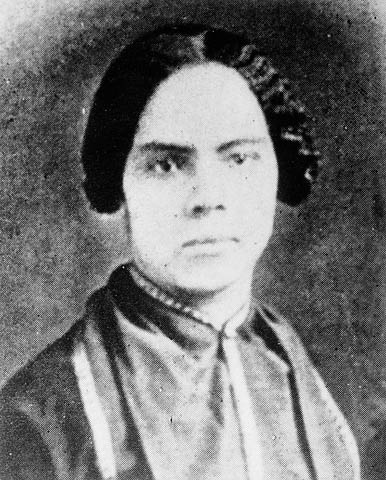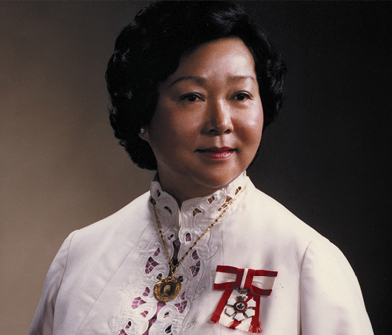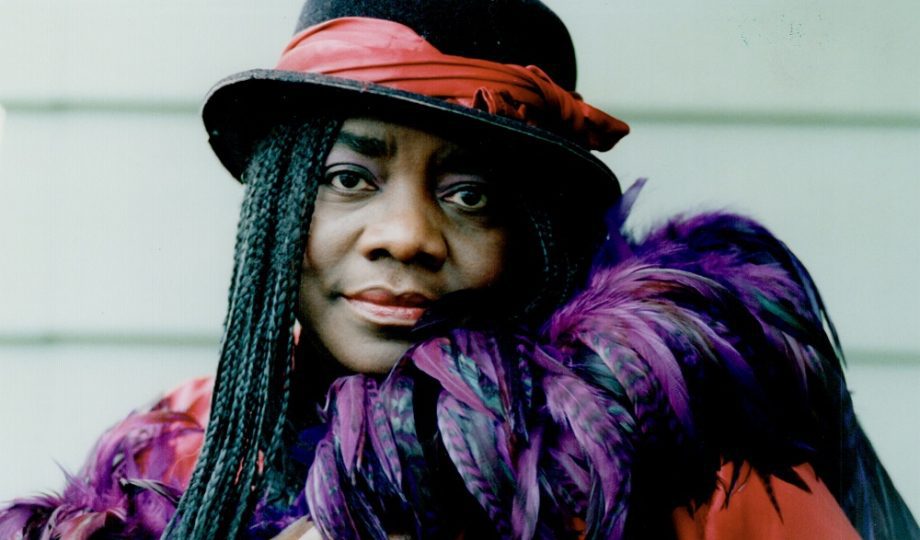Happy International Women’s Day! March 8th marks the international day celebrating all things women. Here in Toronto, many successful women make up the city’s history, from women who fought sexism to “Canada’s First Lady of Jazz and Blues.” Let’s take a look at five women who shaped Toronto’s history.
Recent Posts:
Globally renowned all-day electronic music festival is coming to Toronto this summer
Checked luggage? A look at a bag’s journey from drop to a flight at Toronto Pearson Airport
Mary Ann Shadd Cary

To learn more about Mary Ann Shadd Cary we have to go back to the 1800s.
Cary was born in 1823 and devoted her life to fighting sexism within the abolitionist movement and racism within the feminist movement.
Born in Delaware, Cary moved to Pennsylvania early in her life as Delaware prohibited the education of Black children. She attended a Quaker school, and by the age of 16 was teaching school herself.
In 1848, abolitionist Frederick Douglass called for suggestions on how life might be improved for Black people in North America. Cary replied in a letter published in Douglass’s newspaper: “We should do more, and talk less.”
Five years later Cary moved to Windsor, Ontario and began publishing her own newspaper “The Provincial Freeman,” moving the newspaper to Toronto one year later.
Cary was credited in the newspaper as “M.A. Shadd” making readers assume she was male. She corrected the assumptions by writing: “We would simply correct, for the future, by giving here, the name in full (Mary Ann Shadd) as we do not like the “Mr.” and “Esq.” by which we are so often addressed.”
Cary returned to the United States after her husband’s passing in 1859 and was one of few women to act as an army recruiter for the North during the Civil War and in 1869, she was the first black woman admitted to Howard University Law School.
Jean Lumb

According to the City of Toronto’s HerStory, “The first Chinese Canadian woman and first restaurateur inducted into the Order of Canada, Jean Lumb advocated for the end of immigration policies that had separated families for decades.”
Not only did Lumb run her and her husband’s restaurant Kwong Chow Restaurant while raising six children, but she also campaigned to end the total erasure of Toronto’s first Chinatown and played a pivotal role in challenging immigration restrictions that prevented family reunification among Chinese Canadians separated by 24 years of exclusion.
She was the only woman to participate in the delegation to Prime Minister Diefenbaker.
Oh did we mention? Lumb also served for 25 years as the president of the Women’s Association of the Toronto Chinese Community Centre, as a founding director for the Yee Hong Chinese Nursing Home, established business and restaurant associations, and founded a dance troupe.
The accomplishments don’t end there, as she was the first Chinese Canadian woman to serve on the boards of Women’s College Hospital, Mt. Sinai Hospital, and University Settlement House, among others.
Verna Johnston
Verna Johnston was an Anishnabe author, activist, mother, grandmother, and mentor to youth and her community.
Johnston first came to Toronto in 1945 but returned to her home community of Cape Croker before coming back to Toronto in the 1960s.
According to the City of Toronto’s Her Story, “Her houses – first on Blythwood Road, then McGill Street and later on The Danforth – provided sanctuary for many Indigenous youth who sought community and support in the city.”
After leaving Toronto for some time and eventually returning, Johnston was enraged to discover that white-operated foster homes were paid double the amount she had been paid.
Johnston publicly protested against the Children’s Aid Society, which eventually conceded to give foster parents on the reserve equal pay.
She eventually passed away in 1996 but left a legacy as a community leader that inspired future generations.
Salome Bey

Salome Bey was an award-winning, Grammy-nominated singer, songwriter and actor known as “Canada’s First Lady of Jazz and Blues.”
Bey was inducted as an honorary member of the Order of Canada in 2005.
Born in Newark, New Jersey in 1933, Salome began performing and touring in the mid-1950s with siblings Andy and Geraldine as ‘Andy and the Bey Sisters.’
She first performed in Toronto in 1961 at the Colonial Tavern on Yonge Street and decided to settle here three years later.
Bey established herself both in Toronto’s arts scene and on Broadway in New York, where she appeared in “Your Arm’s Too Short to Box with God,” “Dude,” and “Love Me Love My Children”.
Her accomplishments were recognized when she won the 1992 Toronto Arts Award and the 1996 Dr. Martin Luther King Jr. Award for lifetime achievement from the Black Theatre Workshop of Montreal.
E. Pauline Johnson

Another person on the list of women who shaped Toronto’s history is E. Pauline Johnson.
According to the City of Toronto’s HerStory, “E. Pauline Johnson (Tekahionwake) was a renowned multi-disciplinary artist and entertainer in the late 19th century. As a Mohawk woman with European ancestry, she challenged dominant ideas about race, gender, and Indigenous rights in Canada.”
Johnson was born in 1861 in Chiefswood, on the Six Nations Reserve in Ontario and took to the pen to support her family following her father’s death.
In just a few years, her poems were published in newspapers across North America. She navigated racism and sexism to raise awareness of the ill-treatment of Indigenous peoples and women.
Her piece, “A Cry from an Indian [sic] Wife,” describing the Indigenous side of the North-West Rebellion, captivated the audience at The Young Men’s Liberal Association after she was invited to speak there in 1892.
Johnson published her first collection of poetry, “The White Wampum,” in 1895 followed by other works such as her collection of poems, “Flint and Feather,” one of the best-selling volumes of Canadian poetry.
Now you know more about these five awesome women who helped shape Toronto’s history!




